Table of Contents
Researching on a touchy subject like knowing your bulldog life expectancy is excruciating but also meaningful.
Mortality is natural, so accepting that our Bulldog is not going to be with us forever is essential. This write-up focuses on the life expectancy of various types of bulldogs.
On average, an English bulldog is expected to live for 8 to 10 years. However, the statistics are varied when we talk about other types of bulldogs.
An American bulldog life expectancy is about 10 to 15 years, whereas the French Bulldog is expected to live for 10 to 12 years.
These statistics are research figures, and several bulldogs have been known to live beyond their average life expectancy.
Various ways would help you increase your bulldog life expectancy. Read ahead to find out more about it!
Understanding The Breed

Bulldogs are incredibly delightful pets, and if you have a bulldog-like Fluffy (my English bulldog), then chances are you treat them as your family member.
They are very loving, docile, and loyal, and hence are given more preference for pets. They are also very compliant and can quickly adapt to your large or small-sized homes.
Like any other bulldog, Fluffy does not prefer hot weather conditions and prefers to stay indoors. I researched a little bit about the reason behind it and found that bulldogs cannot tolerate heat and sometimes even succumb to such weather.
They get breathless and even get tired quickly. Therefore, it might not be a bad idea to keep them in air-conditioned rooms during the summer season.
Another interesting fact I learned during my research was that English and French bulldogs are more prone to facing health issues. 18th-century practices of breeding methods led to this predicament of these bulldogs.
However, there are many things you can practice to increase your bulldog life expectancy.
In the coming sections, I have explained what factors affect the bulldog life expectancy, how to keep your Bulldog healthy, and health signs that your Bulldog needs your immediate attention.
Healthy Bulldogs: Factors Impacting Life Expectancy
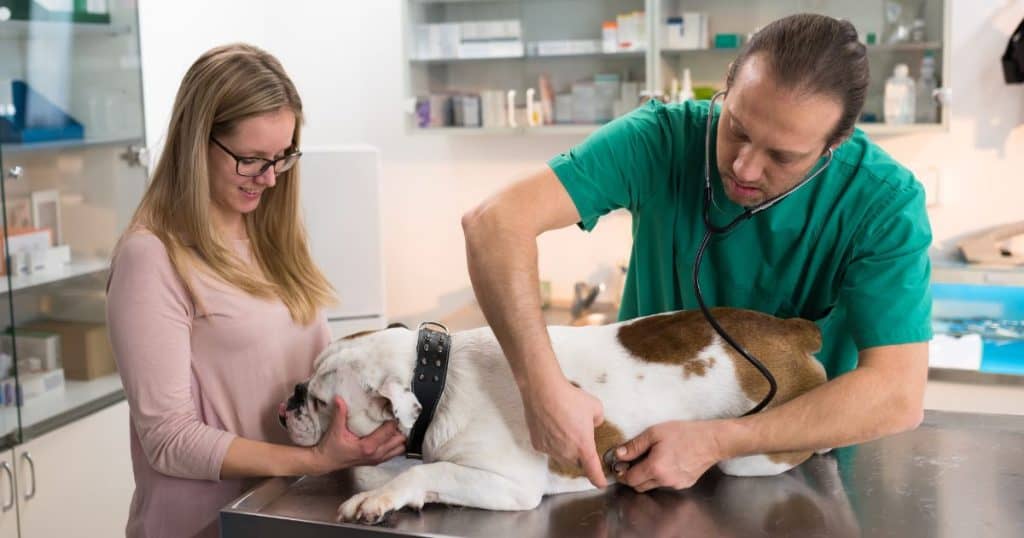
As mentioned earlier, a bulldog breed does not enjoy a healthy life and is more prone to falling sick.
This requires you to be proactive and look for signs that reflect sickness or abnormal behavior.
Here are some of the common factors that affect the bulldog life expectancy.
Environment
The bulldogs do not demand much when it comes to space, as they are very adaptable.
You can own a bulldog if you live an apartment since they do not need big yards to play around. The one thing you need to take care of is the surrounding temperature.
If you live in a tropical place without proper air-conditioning, it is better not to have a bulldog as a pet.
These dogs cannot survive for long in a hot climate and frequently have breathing problems. You need to ensure that you give them a proper environment to stay fit and healthy.
I keep my fluffy in air-conditioned rooms during hot weather, and the best part is that he enjoys staying indoors.
However, I observed that Fluffy does not react well even to icy air from the cooling system.
Diet
One of the most critical factors contributing to bulldog life expectancy is diet habits. Bulldogs must be fed once or twice a day and not more since they cannot regulate their meals. You must ensure to follow a proper feeding routine.
Bulldogs aren’t as dynamic as other medium dogs. They are excellent, so quality meat proteins are essential to help increase their life expectancy.
Here are a few tips to remember while feeding your Bulldog:
- Grown-up bulldogs need around 1,500 calories of food every day.
- Less dynamic and vigorous grown-up Bulldogs require around 1,300 to 1,400 calories for every day.
- Bulldog pups can eat and regularly devour more than they ought to. A high protein puppy food is suitable during the development stage until around 12 to 14 months old enough.
- Bulldogs are inclined to hip dysplasia, included calcium in their diet, and search for foods with calcium to phosphorus proportion.
- Try not to overload or free-feed a puppy and keep supper times on a timetable.
- Two times per day works best for a bulldog puppy.
- Overloading your young Bulldog, particularly with puppy food, can increase their weight and leads to joint, muscle, and bone issues.
I highly recommend Blue Buffalo Life Protection Formula for the puppy bulldogs.
We earn a commission if you click this link and make a purchase at no additional cost to you.
They are made from natural ingredients that are rich in vitamins and minerals and very suitable for puppies.
Exercise
English Bulldogs are known for not being the most dynamic of breeds.
However, that doesn’t mean they shouldn’t be given regular exercise.
Nothing further could be from reality, as like all dogs, they should be strolled.
English Bulldogs ought to be strolled once per day, potentially twice. Their everyday exercise should associate with 20 minutes on a walk and fail to exceed 40 minutes altogether during the day. Anything else than this can hurt them.
You can have numerous pleasant and paramount minutes with your English Bulldog.
However, something you should know about is that they are very delicate, regardless of their calm nature.
They can have plenty of medical issues, including respiratory problems, joint pain, hip dysplasia, and different problems of joint and tendon.
Although English bulldogs are a generally latent variety, they need everyday practice as much as some other dogs raise and require standard strolls once per day.
The Vet’s Role in Enhancing Bulldog Life Expectancy
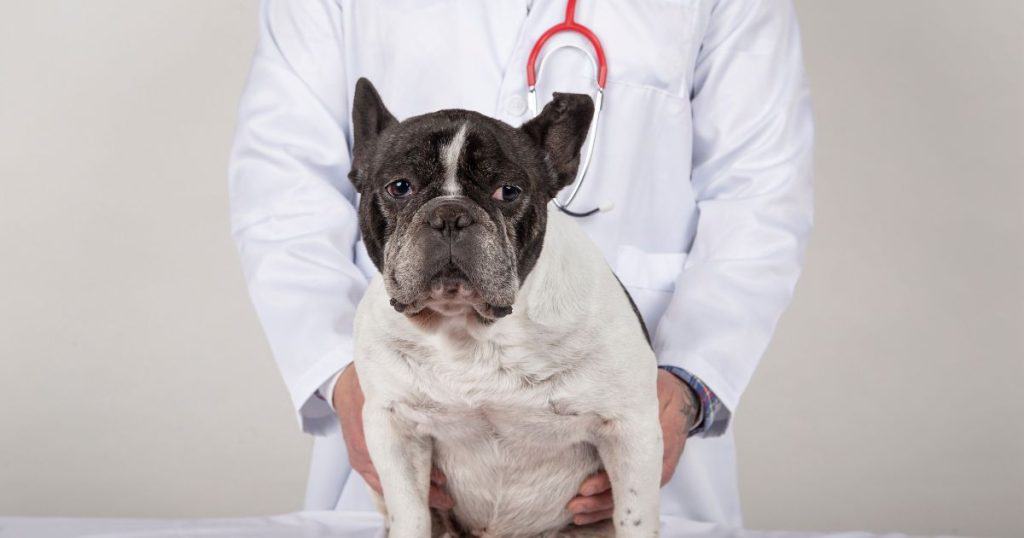
If you want to enhance your bulldog life expectancy, then make sure to have them vaccinated. Without it, most bulldog puppies would not survive for long and sometimes succumb within a year. Nonetheless, evade over immunizing your puppies.
There’s no compelling reason to get parvo immunization consistently; for example, since the odds are they are as of now ensured and needn’t bother with the antibody.
To see whether a supporter is required for specific immunizations, request that your vet run a blood test. Make sure to get their blood tested yearly.
Corn is a second rate wellspring of protein and one of the significant allergens.
The liver separates the corn to get the usable protein and produce nitrates. Those nitrates lead to untimely maturing by putting additional strain on the kidneys.
Besides, fixing or neutering a bulldog can upgrade their life expectancy. It diminishes the danger of specific sorts of malignancy, especially bosom, ovarian and testicular disease.
To guarantee the most extreme future, abstain from inbreeding as it decreases life expectancy.
Crossbred dogs live longer than their partners and have the least medical problems.
Innate dogs, unexpectedly, are at danger of conveying qualities for sicknesses usually found in Bulldogs.
Signs – Not To Ignore
Outrageous Exhaustion
Honestly, I realize bulldogs are sluggish, but if they show signs of over-exhaustion, it might be time for a complete check-up.
You must get to the bottom of the cause and ensure they stay active.
Complete Loss of Appetite
It is a matter of grave concern if your Bulldog loses interest in food or water. Keep on offering little parts of new food, to see if they respond.
If not, then a quick visit to the vet is recommended.
Throw Up
Puking can be an indication of numerous different ailments. For bulldogs who are terminal, the stomach related framework will start to close down, and the undigested food in the stomach will make the Bulldog sick, and the Bulldog will oust any undigested food.
Dogs In Trouble May Likewise Cry
On the off chance that your Bulldog is continually crying, they are no doubt in torment.
Check with your vet to check whether they have any treatment choices to keep them agreeable while they pass.
Common Ailments – Bulldog
Brachycephalic Airway Syndrome (BAS)
BAS is normal in animals with abbreviated facial highlights that give them the pushed-in nose and can be overseen by dodging pressure and overheating and getting standard exercise.
Temperature Regulation
Brachycephalic dogs experience difficulty gasping viably, and choking is the thing that directs their body heat.
It would be best if you keep your English Bulldog at a pleasant temperature.
Skin Problems
Skin inflammation, or “canine atopic dermatitis,” is the most widely recognized skin issue found in bulldogs.
Bacterial contaminations like staph, pyoderma, and dermatitis additionally can happen.
I use Warren London Leave-in Conditioner to keep Fluffy’s skin hydrated and away from infections.
We earn a commission if you click this link and make a purchase at no additional cost to you.
Bone and Joint Disease
Typical bone and joint disease in bulldogs are:
- Canine Hip Dysplasia.
- Joint and Ligament Injuries.
- Joint pain.
Thyroid and Heart Disease
Thyroid
Hyperthyroidism is the point at which the thyroid eases back down, which causes diminished creation of thyroxine, the hormone answerable for directing the digestion.
Heart
Pulmonary Stenosis is a heart distortion regularly found in English Bulldogs.
As per UFAW, Pulmonary Stenosis is “inherent slenderness or choking of the surge from the correct side of the heart.”
It blocks the bloodstream and can prompt cardiovascular breakdown or even passing.
You can contract this sickness right on time with standard heart appraisals attests.
Before You Go
Increasing your bulldog’s life expectancy is all about taking a proactive approach to their health. By providing them with a healthy diet, regular exercise, and routine veterinary care, you can help ensure that your bulldog lives a long and happy life.
Additionally, it’s important to be aware of common health issues that affect bulldogs, such as hip dysplasia and breathing problems, and to take steps to prevent or manage them. By being a responsible and attentive pet owner, you can help your bulldog live their best life and enjoy many happy years by your side.
I hope this article helped you to gain valuable insight into improving bulldog life expectancy.
FAQs
How long do bulldogs usually live?
Bulldogs usually live between 8 and 10 years, although some may live longer with proper care and attention to their health.
What factors can affect a bulldog’s life expectancy?
Factors that can affect a bulldog’s life expectancy include genetics, diet, exercise, and overall health. Bulldogs are prone to certain health issues, such as hip dysplasia and respiratory problems, which can impact their lifespan.
How can I help my bulldog live longer?
To help your bulldog live longer, you should provide them with a nutritious diet, regular exercise, and routine veterinary care. You should also be aware of the signs of health problems and address any issues promptly.
What is the oldest age a bulldog has lived to?
The oldest age a bulldog has lived to is 16 years old, although this is rare. Most bulldogs live between 8 and 10 years.
Are bulldogs one of the shortest-lived breeds?
Yes, bulldogs are one of the shortest-lived dog breeds, with an average lifespan of 8 to 10 years. This is due in part to their susceptibility to certain health issues.


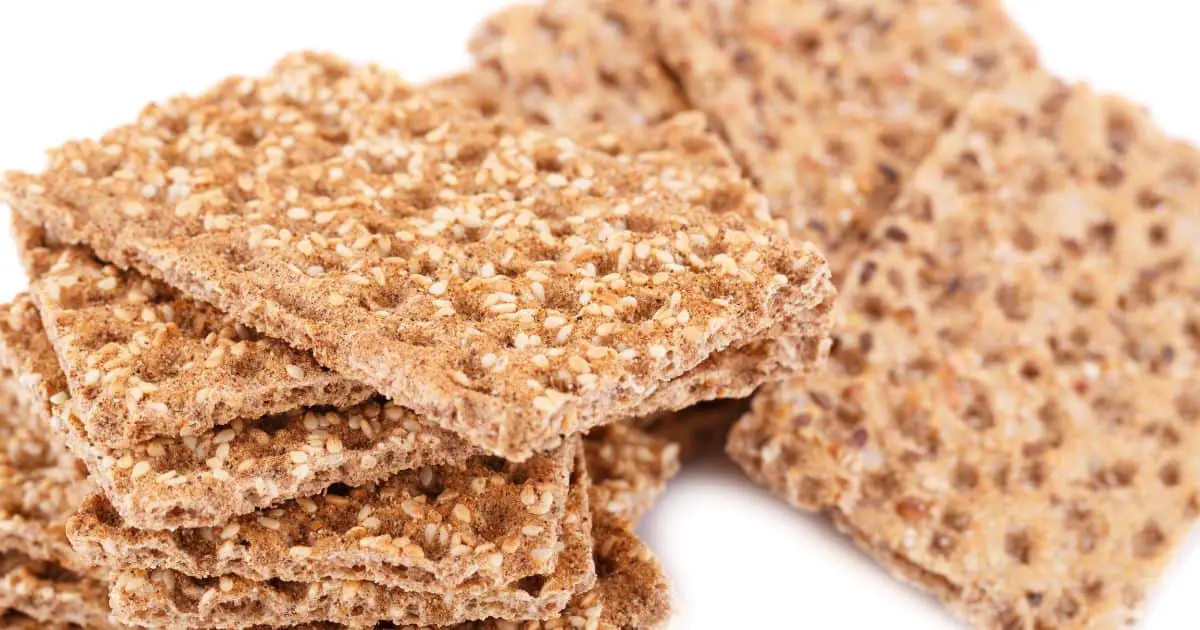
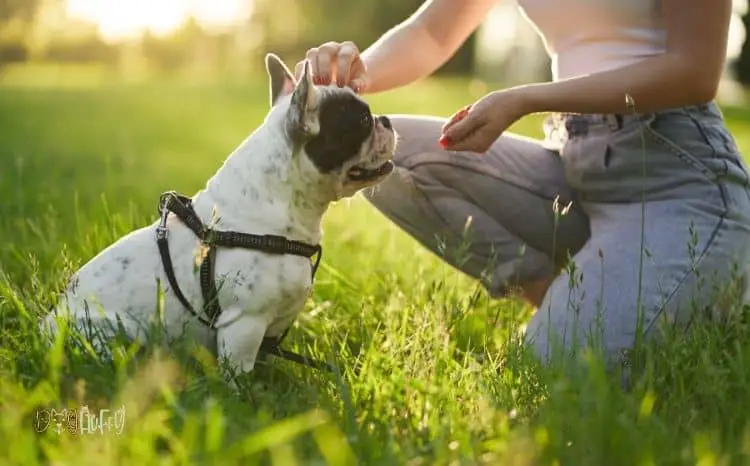
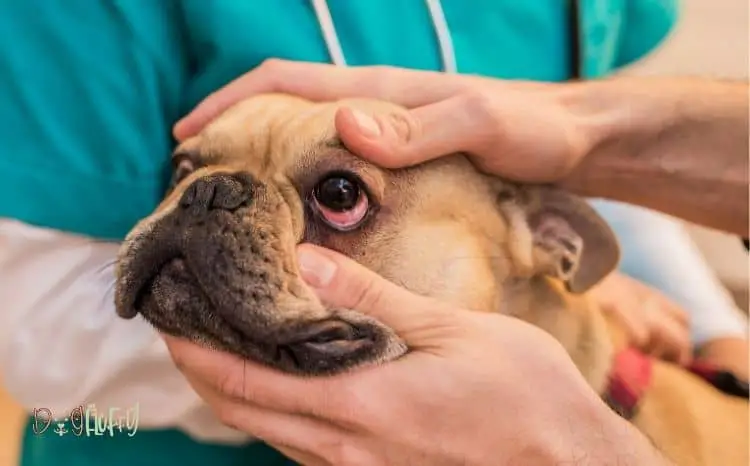
Leave a Reply
You must be logged in to post a comment.